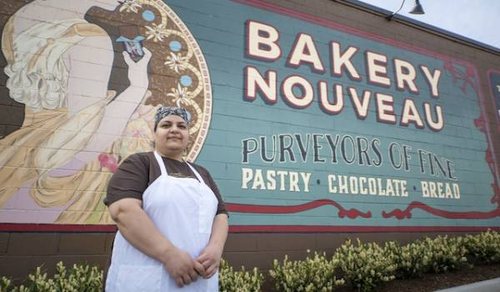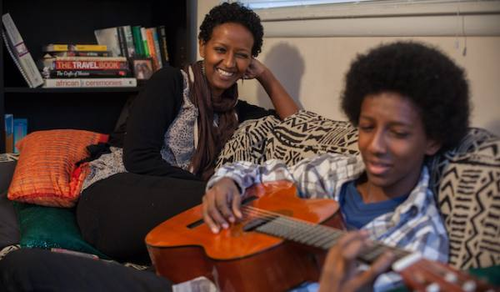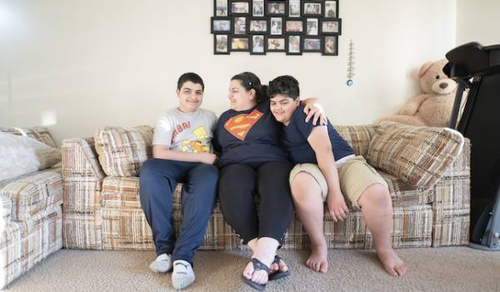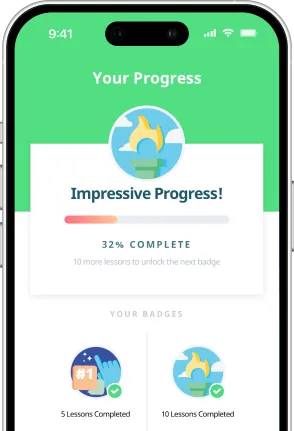Employment for Women
The Benefits of Working
In the United States women make up half the work force, do the same jobs as men at all levels, and often supervise male workers. Getting and keeping a job holds many benefits for both you and your family.
Supporting the household – When both spouses work, the household income increases, making it easier to afford such expenses as monthly bills and rent, as well as food and clothing. A double income also enables you to save money and increase your family’s financial security.
Receiving employment-based benefits – Some jobs include certain benefits, such as health insurance, where the employer offers insurance plans for the employee and often pays part of the monthly cost. The rest of the cost of insurance is taken out of the worker’s paycheck. Most Americans rely on employment-based health insurance programs since the cost of health care is high, and health insurance helps to reduce those costs. Receiving health insurance through your workplace is a significant benefit.
Improving your English – Working outside the home will allow you to practice and improve your English as you interact with coworkers and clients in a professional setting. Learning English will allow you to become involved in your community and increase your ability to manage your affairs, whether you are going to the grocery store, the doctor’s office, or the bank.
Interacting with others – A workplace also affords you the opportunity to interact with a diverse group of people and learn about American culture and values, which will enable you to better adjust to your new environment.
Acquiring professional skills – Your first job will provide you with the professional skills and knowledge that will prepare you for your next job. The more skills you acquire, the greater your chances are of receiving a promotion or finding a better-paying job.
Using public transportation or learning to drive – Getting to and from work might require you to use public transportation or learn to drive. Learning how to use public transportation or drive will greatly contribute to your independence and self-sufficiency, help familiarize you with your neighborhood and your city, and provide you with a sense of belonging to your new home.


Working Mothers and Single Mothers
Many women who raise young children often find it difficult to juggle the demands of work and home, especially if they are single mothers. However, there are solutions to help mothers who work outside of the home.
One solution is placing the children in daycare. Daycare services are not free. Early Head Start is a federally funded program that serves low-income children from birth to the age of 3. Another program, Head Start, caters to families with children ages 3 to 4. Enrolling young children in one of these programs will allow a single mother or both parents to work outside the home. Another solution is to utilize friends, neighbors, or adult family members, such as grandparents, as child care providers to assist working parents. For couples, a third solution is for one of the parents to find a part-time job with evening and weekend hours, which would allow one parent to care for the children while the other parent is at work.

Changing Family Dynamics
Americans value independence in both men and women. In many families, both the husband and the wife work, and in some families, the wife earns more than the husband. In other families, the wife has found a job and the husband has not. In this case, the husband will be expected to care for the children when they are not in school.
In situations like these, some men may feel that they have lost their leadership role in the family. Some women may feel stress as they take on new responsibilities and become the primary wage-earner. Showing support for one another, along with open and honest communication, can increase understanding and ease stress between spouses.



